Women’s March
Sloan Holland, Karina Benjamin, Mia Stolpe, Rebecca Griffith and Madeline Koepsell; Women’s March 2018
This past weekend, thousands of women across the country gathered together to march and protest on the anniversary of the previous year’s Women’s March., many of them coming together to continue the protests against the Trump Administration. While the march signifies the fight for women’s rights, this is also a protest for many other issues, such as gay rights and support for DACA.
Many women found themselves participating in last year’s march as fear and doubt surrounding the president-elect began to spread. Throughout Trump’s campaign many events from his past were brought into the limelight, making many people question Trump’s support for the rights of women. His behavior and language surrounding gay rights and individuals with disabilities also presented people with concerns about his morals and character.
While the march has been named the “Women’s March” it is not limited to support for women’s rights. The march itself was created in order to stand up for human rights entirely. Women, men and children who march are there to advocate legislation and policies regarding human rights but also including issues such as immigration reform, healthcare reform, the natural environment, racial equality, LGBTQ rights and several more. The march highlights the issues that people feel need to be addressed no matter what that may be.
This doesn’t mean that the women’s march doesn’t include women’s rights, many aspects of the march do indeed showcase issues surrounding reproductive rights and retaliation against statements made by Trump during his campaign that many deemed “anti-woman.” Having this march where women are free to speak out against statements that they feel are derogatory gave many women a sense of confidence that allowed them to speak out on other, sometimes more personal experiences that numerous women go through.
These marches have paved the way for women to share experiences that many have felt too afraid to speak out about. As more and more women come forward to share their stories and the stories of others, these marches are presenting women with a place to finally share something that is extremely taboo in everyday conversation, yet extremely common in America.
Statistics show that every 98 seconds in America, someone is the victim of sexual violence.The vast majority of these individuals being under the age of 30. These marches have provided an opportunity for many of these victims to come forward and share these stories with others, sometimes for the first time. They provide many with the support and love that they needed in order to be able to finally speak out.
Many celebrities have shown their support at these marches, using their fan bases to spread awareness of the issues that many are facing. At this year’s march in New York City, singer/songwriter Halsey recited a poem that she had written. Many in the large crowd were moved to tears as she shared her story and that of a friend, encouraging women to be kind to one another and listen to each other’s stories.
Rocky junior Mia Stolpe has attended both this year and the previous year’s marches at the capitol building. Mia spoke about the way that the marches changed her outlook on aspects of her life. “I had lost a lot of hope for my own future and the future of all minorities in America,” she said. “[Going] was overwhelmingly empowering and it made me realize not only that I wasn’t alone, but I had an entire community of people I didn’t even know who supported me and whom I could support.”
In comparing the two marches she said, “This year was no different, except I walked into it with my best friends who have supported me and even more people from around the world.”
These marches have become a way for women to take a stance against government and societal values that are oppressive to women. As the marches continue, they show generations of younger girls that they do have a voice and that what they have to say matters. The marches have empowered women, giving them more confidence and providing support to be their best selves and not to allow anything to hold them back.
Your donation will support the student journalists of Rocky Mountain High School - CO. Your contribution will allow us to purchase equipment and cover our annual website hosting costs.

Emma is a Senior at Rocky. She is a member of NHS and NAHS and enjoys taking art classes. She enjoys watercolor and photography as well as reading books....

Mia is a senior at Rocky and doesn't really know what she wants to do in life but has lots of aspirations. She spends a lot of time in the art department...


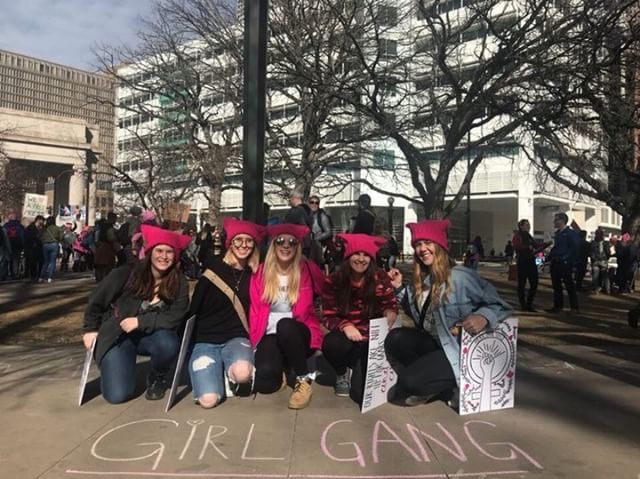
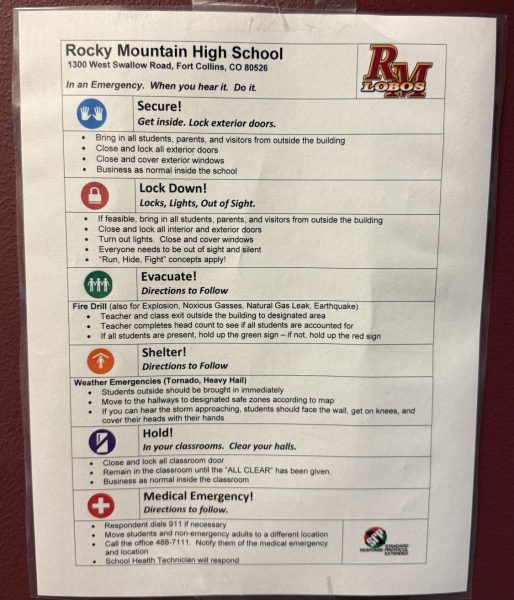

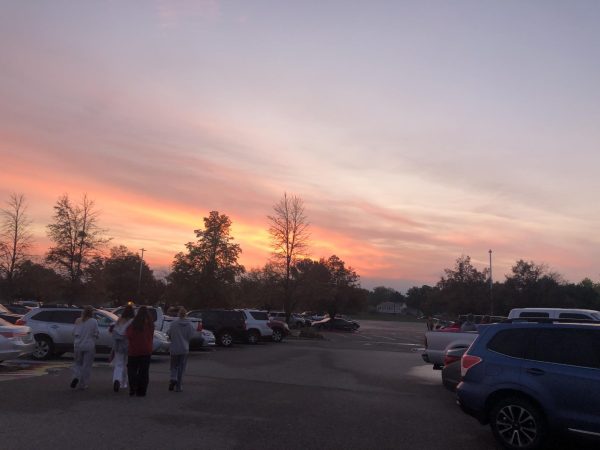

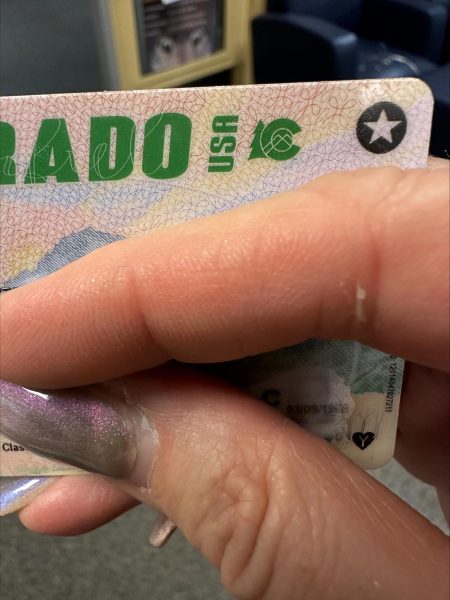


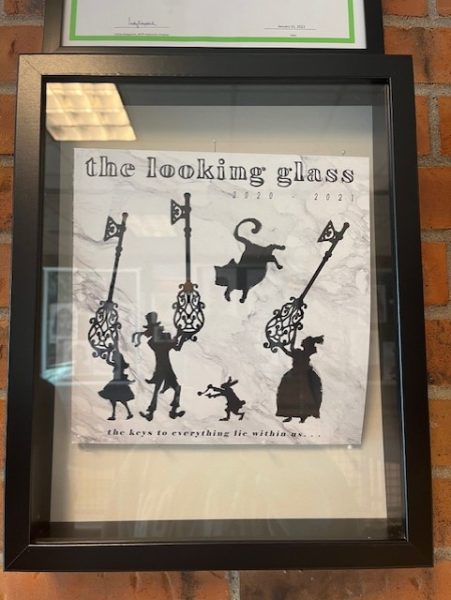
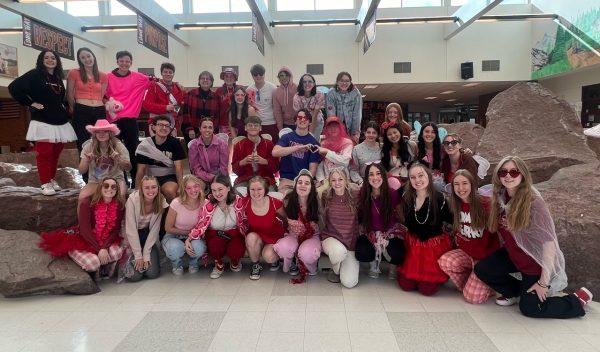

Conner Culhane • Feb 2, 2018 at 12:08 pm
I believe the name “women’s march” to be misleading. Specifically around the issue of “reproductive rights.” This march claims to represent women’s views as a monolith yet Gallup Polls reports that 41% (http://news.gallup.com/poll/170249/split-abortion-pro-choice-pro-life.aspx) of adult women identify as pro-life. These movements and the ideologues behind them have a proclivity for purporting to represent a group of people despite the variance of the views of the group. I have no issue with the marches so long as those who arrange them are honest about what they are supporting. The aura of outrage that characterizes these events would be better if people were honest about what they truly are marching for.